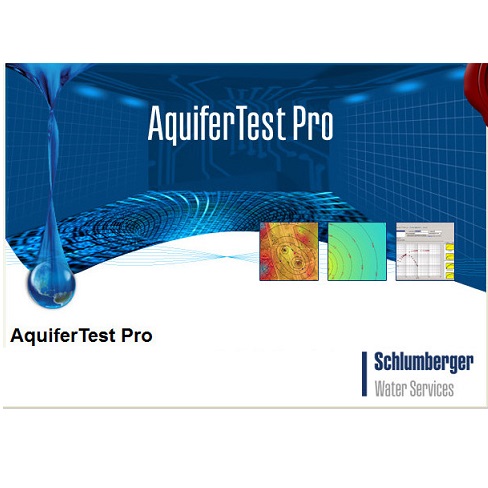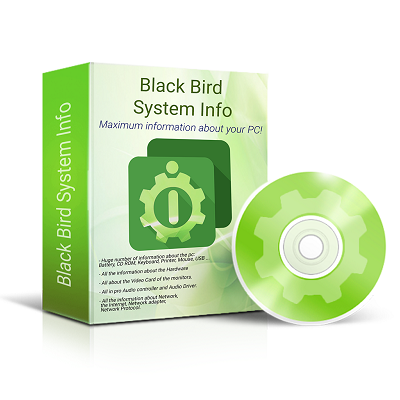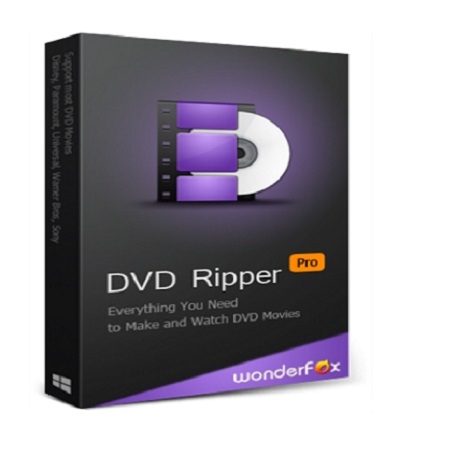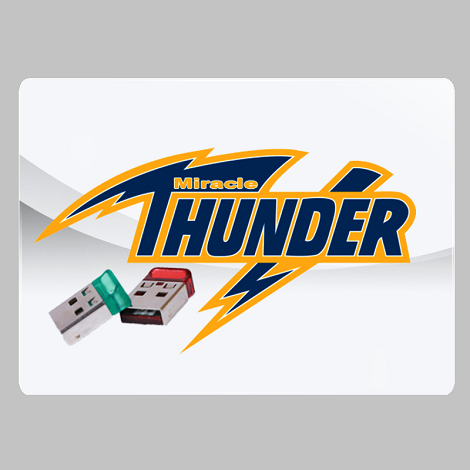Download Real Estate Management 2 full version program free setup for Windows. The program is designed mostly for real estate agents and other specialists working with real estate. The program will facilitate routine operations on business records of real estate items for sale or for rent, incoming requests as well as clients’ database.
Real Estate Management Overview
Real Estate Management represents a comprehensive approach to the administration, operation, and oversight of real estate assets. This multifaceted discipline encompasses a range of activities, including property acquisition, development, leasing, and maintenance. At its core, Real Estate Management involves the strategic planning and execution of initiatives to optimize the value and performance of real estate portfolios. This includes both residential and commercial properties, with a focus on maximizing returns on investment, ensuring regulatory compliance, and enhancing overall property value. One of the pivotal aspects of Real Estate Management is the acquisition and disposition of properties. This involves evaluating market conditions, conducting due diligence, and negotiating transactions to expand or adjust a real estate portfolio in alignment with investment goals. The management of existing properties involves day-to-day operations, tenant relations, and the implementation of maintenance and improvement strategies to uphold or increase property value. Efficient property leasing and tenant management are integral components of Real Estate Management. This entails marketing available spaces, screening and selecting tenants, negotiating leases, and ensuring lease compliance. Moreover, ongoing tenant relations and satisfaction play a crucial role in maintaining occupancy rates and fostering positive property performance.
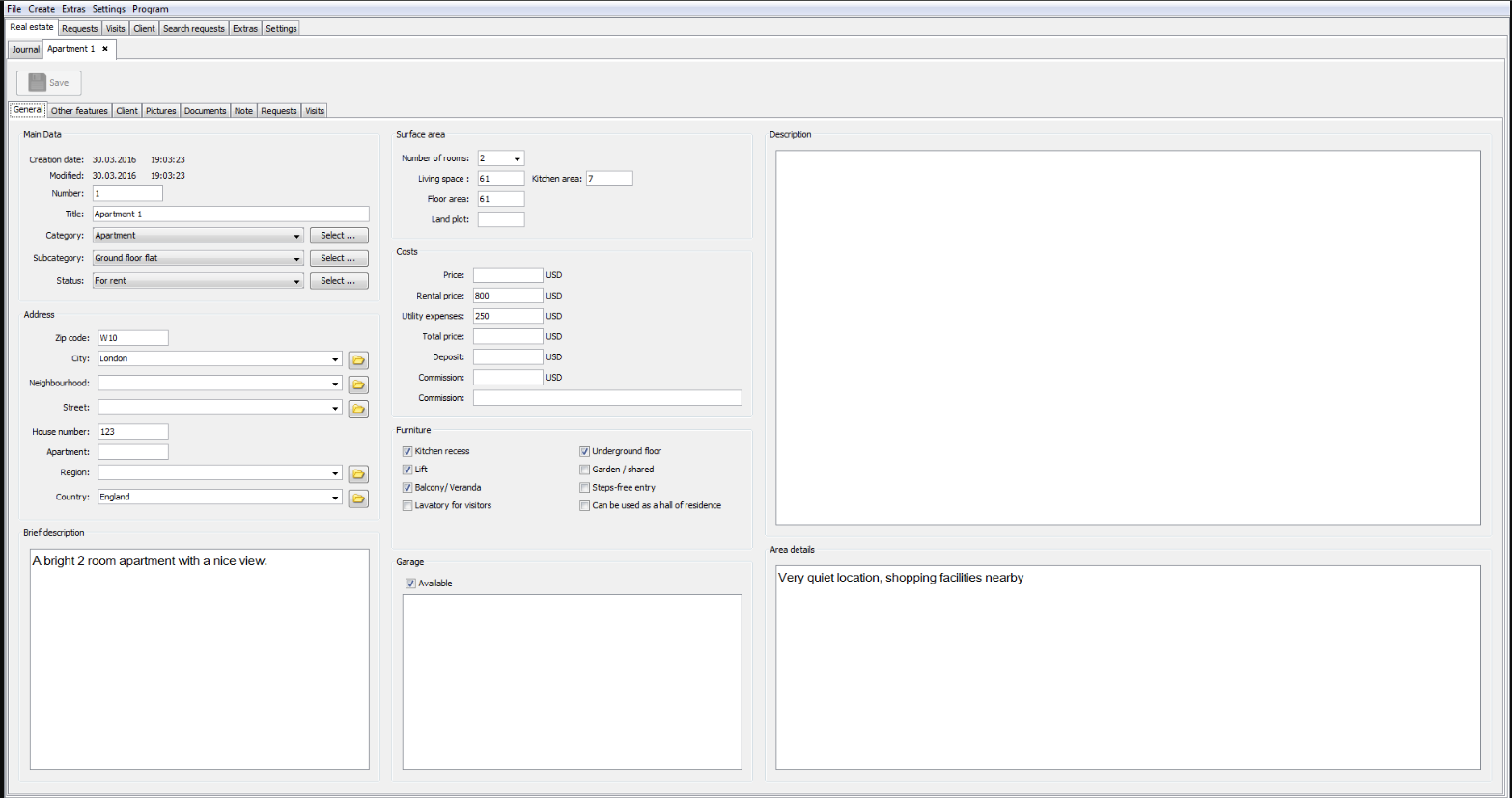
Financial management is paramount in the realm of Real Estate Management. This involves budgeting, accounting, and financial reporting to stakeholders. Successful managers analyze revenue streams, control expenses, and implement financial strategies to enhance profitability and ensure the long-term sustainability of the real estate assets. Furthermore, Real Estate Management incorporates a proactive approach to property maintenance and asset improvement. Managers are tasked with ensuring that properties meet safety and regulatory standards, conducting regular inspections, and planning and overseeing renovations or upgrades when necessary. This proactive stance contributes to tenant satisfaction, extends the lifespan of the property, and bolsters its market value. In an era of digital transformation, the adoption of real estate management software and technology is becoming increasingly prevalent. These tools streamline processes, facilitate data-driven decision-making, and enhance communication among stakeholders. From centralized databases for portfolio tracking to integrated financial and operational platforms, technology plays a pivotal role in optimizing the efficiency and transparency of Real Estate Management.
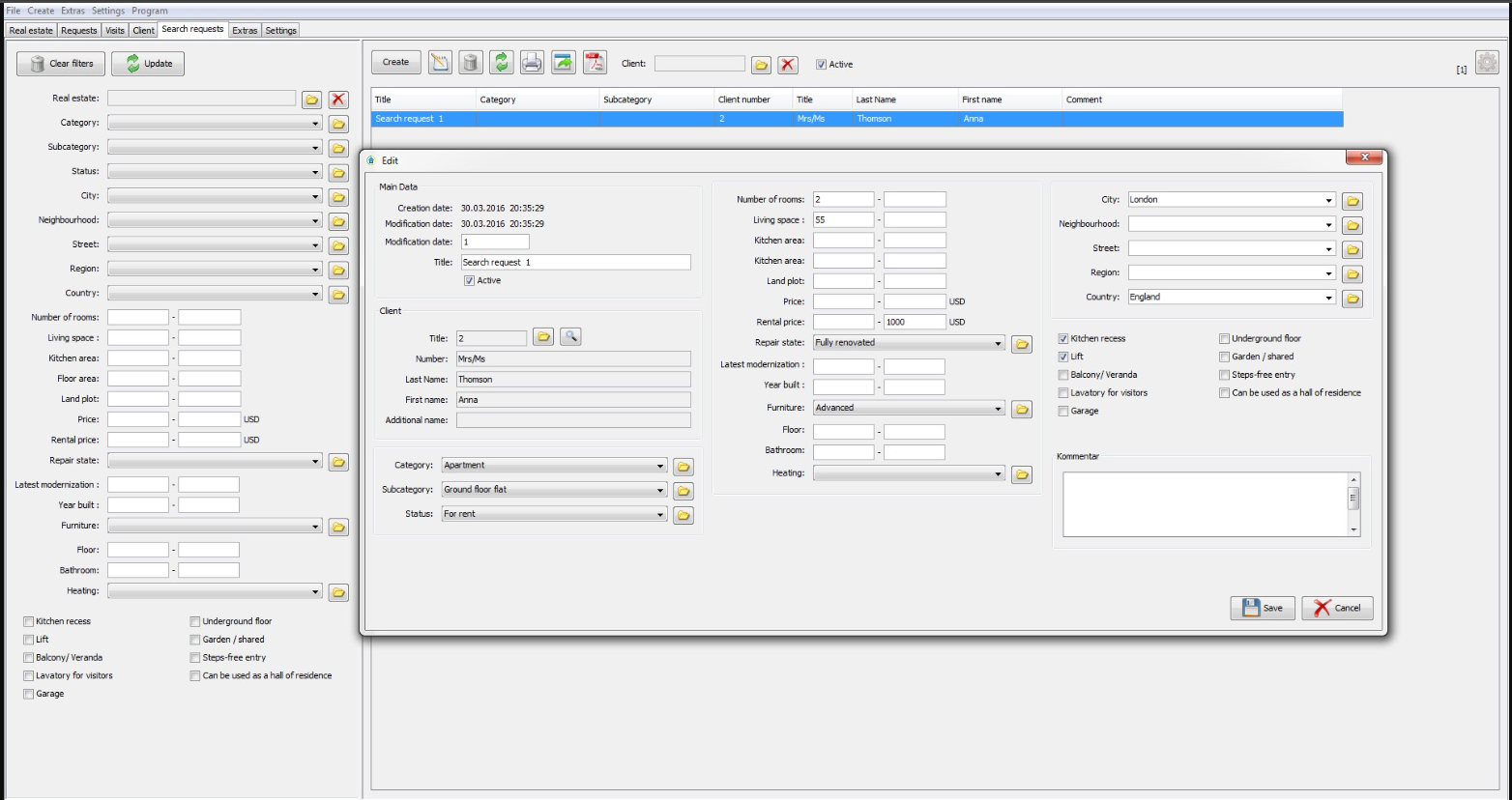
In conclusion, Real Estate Management is a dynamic and multifaceted discipline crucial for optimizing the performance of real estate assets. From property acquisition to financial management, tenant relations, and technological integration, effective Real Estate Management ensures that properties not only meet current standards but also thrive in a competitive and ever-evolving real estate landscape.
Features
- Property Acquisition and Disposition: Involves strategic planning and execution of property transactions, including acquisitions and dispositions.
- Real Estate Portfolio Optimization: Focuses on optimizing the value and performance of a real estate portfolio.
- Residential and Commercial Property Management: Encompasses the management of both residential and commercial properties.
- Investment Goals: Aligns management strategies with investment goals to maximize returns on real estate investments.
- Market Evaluation: Involves evaluating market conditions to inform property acquisition and management decisions.
- Due Diligence: Conducts thorough due diligence before property acquisitions to mitigate risks and ensure informed decision-making.
- Tenant Relations: Manages tenant relationships, addressing concerns, and fostering positive interactions for tenant satisfaction.
- Leasing Strategies: Implements effective leasing strategies, including marketing, tenant screening, negotiation, and lease compliance.
- Occupancy Rates: Focuses on maintaining high occupancy rates through effective leasing and tenant retention efforts.
- Regulatory Compliance: Ensures compliance with relevant regulations and standards governing real estate operations.
- Financial Management: Involves budgeting, accounting, and financial reporting to optimize revenue streams and control expenses.
- Profitability Strategies: Implements financial strategies to enhance profitability and ensure the long-term sustainability of real estate assets.
- Property Maintenance: Manages regular maintenance activities to uphold safety standards and property aesthetics.
- Asset Improvement: Plans and oversees renovations, upgrades, and improvements to enhance property value.
- Tenant Screening: Conducts thorough tenant screening processes to select reliable and qualified tenants.
- Lease Negotiation: Negotiates lease agreements to secure favorable terms for property owners.
- Tenant Satisfaction: Prioritizes tenant satisfaction to foster positive relationships and improve property performance.
- Financial Reporting: Provides transparent and accurate financial reporting to stakeholders.
- Budgeting: Develops and manages budgets to allocate resources effectively.
- Strategic Planning: Engages in strategic planning to align property management efforts with long-term goals.
- Occupancy Management: Utilizes strategies to manage and optimize property occupancy levels.
- Regulatory Compliance: Ensures adherence to regulatory requirements and industry standards.
- Data-Driven Decision-Making: Utilizes data analytics and insights to inform strategic decision-making.
- Technology Integration: Adopts real estate management software and technology for streamlined processes and improved communication.
- Portfolio Tracking: Uses centralized databases to track and manage the entire real estate portfolio.
- Operational Platforms: Implements integrated financial and operational platforms for efficient management.
- Digital Transformation: Embraces digital transformation to enhance efficiency and transparency in real estate management.
- Tenant Retention Strategies: Develops strategies to retain existing tenants and reduce turnover.
- Risk Mitigation: Proactively addresses potential risks and implements risk mitigation strategies.
- Renewable Energy Integration: Incorporates sustainable practices, such as renewable energy, to enhance property value and appeal.
Technical Details
- Software Name: Real Estate Management for Windows
- Software File Name: Real-Estate-Management-2.01.13.rar
- Software Version: 2.01.13
- File Size: 128 MB
- Developers: microsoft
- File Password: 123
- Language: Multilingual
- Working Mode: Offline (You donÆt need an internet connection to use it after installing)
System Requirements
- Operating System: Win 7, 8, 10, 11
- Free Hard Disk Space:
- Installed Memory: 1 GB
- Processor: Intel Dual Core processor or later
- Minimum Screen Resolution: 800 x 600
What is the latest version of Real Estate Management?
The developers consistently update the project. You can view the most recent software update on their official website.
Is it worth it to install and use Software Real Estate Management?
Whether an app is worth using or not depends on several factors, such as its functionality, features, ease of use, reliability, and value for money.
To determine if an app is worth using, you should consider the following:
- Functionality and features: Does the app provide the features and functionality you need? Does it offer any additional features that you would find useful?
- Ease of use: Is the app user-friendly and easy to navigate? Can you easily find the features you need without getting lost in the interface?
- Reliability and performance: Does the app work reliably and consistently? Does it crash or freeze frequently? Does it run smoothly and efficiently?
- Reviews and ratings: Check out reviews and ratings from other users to see what their experiences have been like with the app.
Based on these factors, you can decide if an app is worth using or not. If the app meets your needs, is user-friendly, works reliably, and offers good value for money and time, then it may be worth using.
Is Real Estate Management Safe?
Real Estate Management is widely used on Windows operating systems. In terms of safety, it is generally considered to be a safe and reliable software program. However, it’s important to download it from a reputable source, such as the official website or a trusted download site, to ensure that you are getting a genuine version of the software. There have been instances where attackers have used fake or modified versions of software to distribute malware, so it’s essential to be vigilant and cautious when downloading and installing the software. Overall, this software can be considered a safe and useful tool as long as it is used responsibly and obtained from a reputable source.
How to install software from the WinRAR file?
To install an application that is in a WinRAR archive, follow these steps:
- Extract the contents of the WinRAR archive to a folder on your computer. To do this, right-click on the archive and select ”Extract Here” or ”Extract to [folder name]”.”
- Once the contents have been extracted, navigate to the folder where the files were extracted.
- Look for an executable file with a .exeextension. This file is typically the installer for the application.
- Double-click on the executable file to start the installation process. Follow the prompts to complete the installation.
- After the installation is complete, you can launch the application from the Start menu or by double-clicking on the desktop shortcut, if one was created during the installation.
If you encounter any issues during the installation process, such as missing files or compatibility issues, refer to the documentation or support resources for the application for assistance.
Can x86 run on x64?
Yes, x86 programs can run on an x64 system. Most modern x64 systems come with a feature called Windows-on-Windows 64-bit (WoW64), which allows 32-bit (x86) applications to run on 64-bit (x64) versions of Windows.
When you run an x86 program on an x64 system, WoW64 translates the program’s instructions into the appropriate format for the x64 system. This allows the x86 program to run without any issues on the x64 system.
However, it’s important to note that running x86 programs on an x64 system may not be as efficient as running native x64 programs. This is because WoW64 needs to do additional work to translate the program’s instructions, which can result in slower performance. Additionally, some x86 programs may not work properly on an x64 system due to compatibility issues.
What is the verdict?
This app is well-designed and easy to use, with a range of useful features. It performs well and is compatible with most devices. However, may be some room for improvement in terms of security and privacy. Overall, it’s a good choice for those looking for a reliable and functional app.
Download Real Estate Management 2 Latest Version Free
Click on the button given below to download Real Estate Management free setup. It is a complete offline setup for Windows and has excellent compatibility with x86 and x64 architectures.




